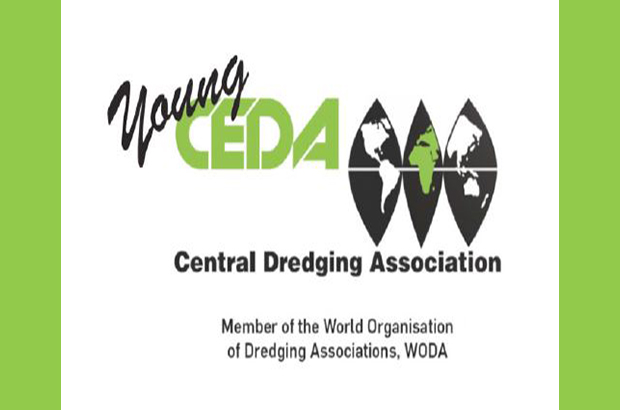Matthew Kinmond, Marine Licensing Manager for aggregate dredging at the MMO, provides an insight into marine licensing and encouraging students to consider a career in marine development and dredging.
At the beginning of October I was one of a number of speakers at a Young Central Dredging Association (CEDA) seminar in Portsmouth. The CEDA provides a network for people and organisations involved, or interested, in dredging and marine construction. Its group of members include research institutes, universities, industry, governmental authorities and consultants.
Around 30 - 40 aspiring civil engineers joined me at Portsmouth University along with industry representatives from Boskalis Westminster Ltd and HR Wallingford. We discussed the different stages involved in the regulation, operation and monitoring of dredging and disposal projects.
I talked about the role of the MMO in regulating development in the marine area, specifically focussing on the licensing of aggregate dredging, navigational dredging and disposal sites.
Gert Jan Peters, representing Boskalis Westminster Ltd, discussed the history of the company and the projects it has been involved in. He focussed specifically on the Southampton Approach Channel Dredge, which is a project the MMO licensed in 2013. He also talked about the different vessels and equipment used on these types of projects, details of which are included on the MMO’s public register. This was followed by Mark Lee from HR Wallingford who spoke about survey and monitoring work undertaken by the dredging industry and the range of work carried out by HR Wallingford .
I found the event a useful experience in helping to generate awareness of the regulatory role of the MMO among the next generation of civil engineers. I hope those attending found it equally as useful.
If you’d like to see my presentation, it is being published online by CEDA. The licensing process for aggregate dredging is also explained on our website.
